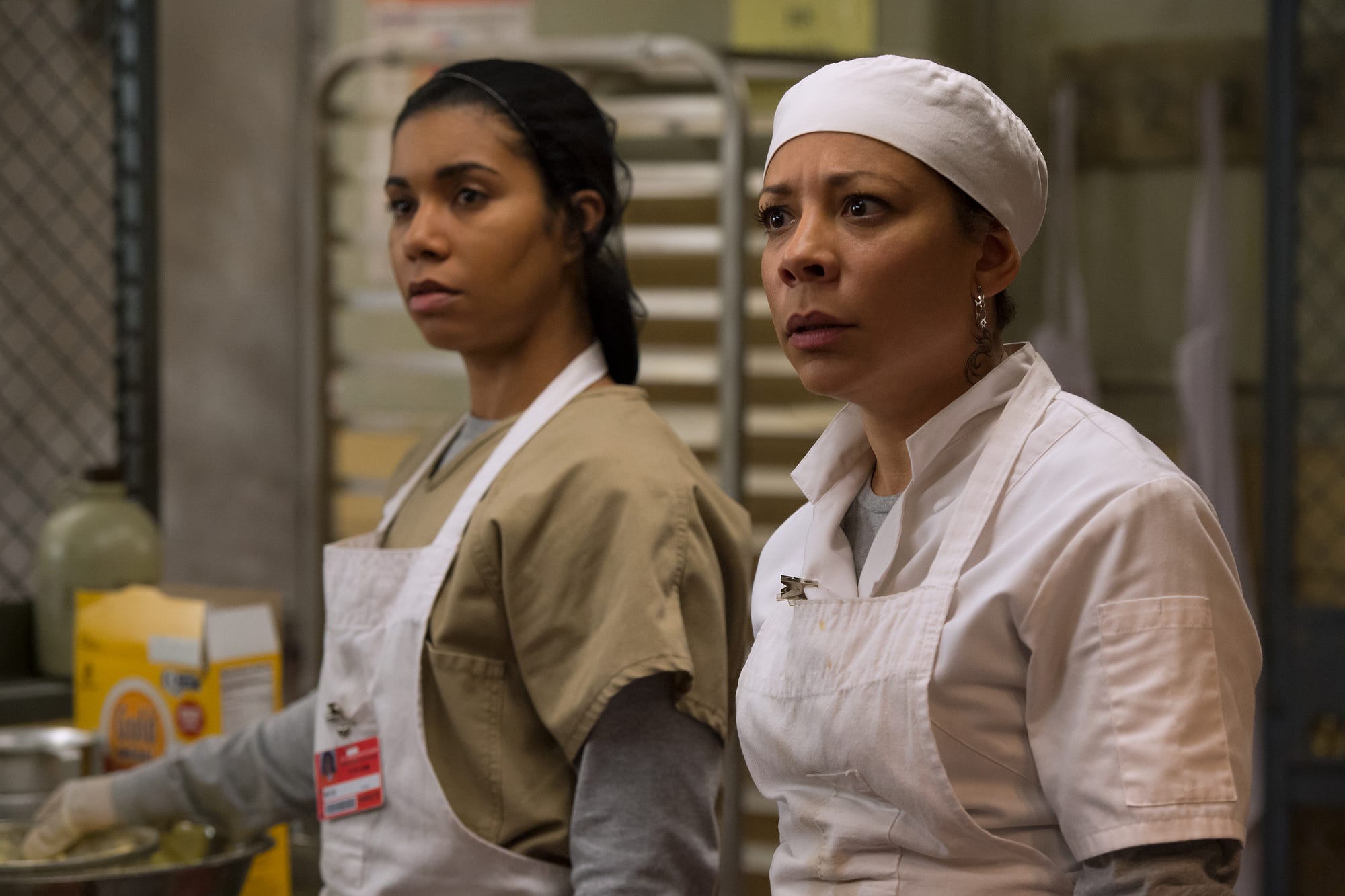Get the Fuck Outta Here: A Dialogue on Jordan Peele’s GET OUT
Medium
2017-02-27
Son of Baldwin (Robert Jones, Jr)
Writer and educator Law Ware had the wonderful idea of he and I having a dialogue on the recently released horror film, Get Out. The film, written and directed by comedian Jordan Peele, stars Daniel Kaluuya as Chris Washington, a photographer dating a white woman named Rose (Allison Williams). Rose takes Chris home to meet her “liberal/progressive” parents in their New England home and that’s when shit, literally and figuratively, goes left.
The film is multilayered and speaks quite deftly to the terror of being black in the United States. Law and I were anxious to get the conversation started. We spoke on Sunday, the same day as the Oscars, where the specter of race hung over everything like a noose on a poplar tree. There was so much to talk about and as much as we unpacked, there was still so much left to cover (like the end scene, for example). We might need a part two.
PLEASE NOTE: This discussion will contain SPOILERS. Proceed at your own risk.]
*
*
*
*
*
*
Robert Jones, Jr: So about Get Out. Shall we begin? I’m a horror film buff. I like to watch them to better understand the psychology of other human beings. And I’m very critical of them because a lot of them are dishonest garbage. But this one here? Chile, this is one of the greatest, maybe the greatest, horror film I’ve ever seen.
The opening scene. Did you peep how Jordan Peele flips the script on who the actual menace is? How he reverses course on how the black body is always seen as the threat on the streets and in elevators and such. But here, we have an ordinary black person walking in a neighborhood in which he “doesn’t belong” and the menace is the white people seeking to police his presence in very literal and nefarious terms. This was a brilliant metaphor for stop-and-frisk and the so-called “Concerned Neighbor” phenomena, both of which often end with the death of us. Sundown Towns and shit.
Law Ware: Absolutely. And what I found to be utterly brilliant about that scene, and the movie holistically, is that he uses established horror film tropes to critique Whiteness and white fears. He could have put this in the mouth of our protagonist, but he uses the language of film. That’s why I think many don’t see what he is up to. We are accustomed to preachifying in “important films.” Peele is too nuanced for that…
…RJJ: Precisely. And it’s those nuances, those metaphors, that subtext that speaks to some of us on a subconscious level, that made Get Out such a terrifying experience. My partner was as deeply moved by this film as I was, perhaps deeper. But as you imply, it also explains the misreadings of the film that I have seen or encountered. One person insisted that it was a film designed to let white people off the hook. I was flabbergasted by two things: 1. That the person actually watched the film — with that reveal and that ending — and got that from it, and 2. That the person actually thought this film was for white people in any way, shape, or form. To me, this was a film for black people. And it spoke to us in our own language and felt no need to explain anything to us. It assumed we already knew certain things and proceeded from that knowing. If anything perplexed me, it was knowing that Peele is biracial and has a white mother, and is also married to a white woman. I assumed that the movie would be certain unfavorable things based on that. I assumed he’d be more understanding and apologetic to Whiteness. But the exact opposite was true. So I’m implicated in making certain false judgments about black people based on their backgrounds. And I wonder if this film operates, in some ways, as Peele’s cry for help…
Read the entire interview here.






